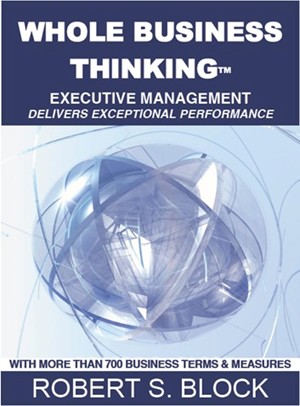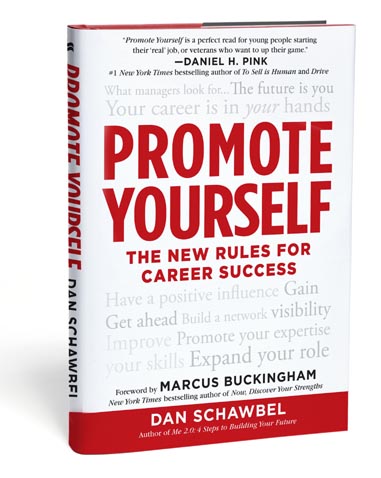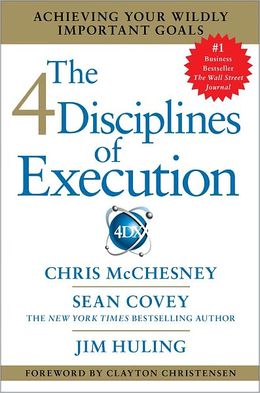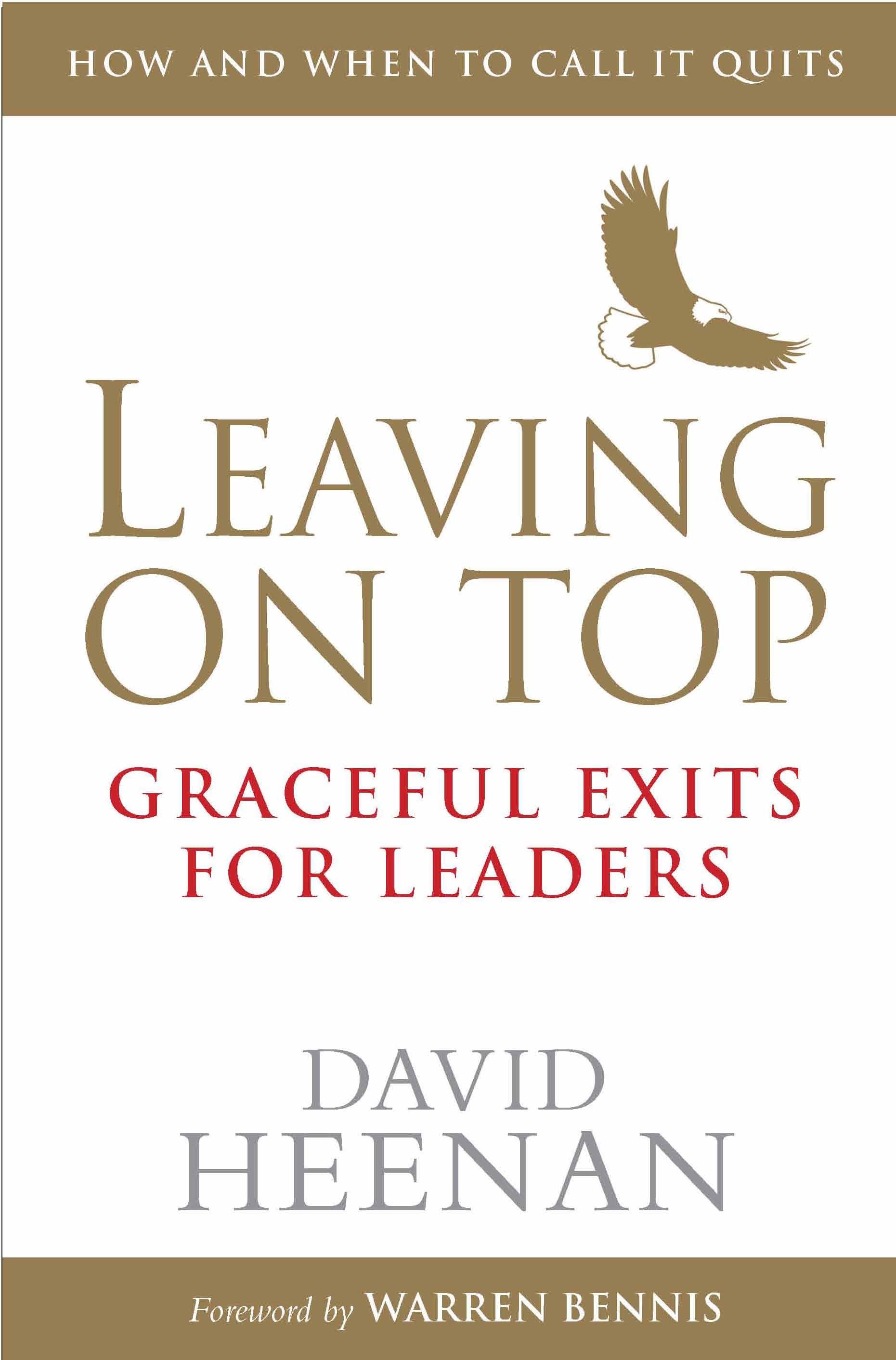Recommended Resources – Whole Business Thinking
Whole Business Thinking – A Guide To Exceptional Business Performance
by Robert S. Block
About the Book
Whole Business Thinking by Robert S. Block provides operational executives and managers with the insight needed to relate ‘shop floor’ decisions and activities with the organization’s financial future. Robert reveals how to connect the decisions and actions of today with the financial consequences they will have on the organization and how these results will be portrayed with the company’s several financial statements.
Some of the specific topics addressed within Whole Business Thinking include:
- Financial Statements
- Business Metrics
- Strategy Management
Robert concludes Whole Business Thinking with a comprehensive list of business terms and performance indicators.
Benefits of Reading this Book
In order for an organization to be successful, executives and managers must understand how their decisions and employee actions affect the achievement of established mission goals. As financial returns are a key component of every for-profit company’s success, leaders must be particularly aware of the relationships between long-term and day-to-day activities and the bottom line.
StrategyDriven Contributors like Whole Business Thinking because it clearly illustrates the relationship between decisions, actions, and financial outcomes. Throughout his book, Robert places the reader in common business situations and in plain language conveys how various decisions influence financial results. Robert goes a step further by translating those results into the several key financial indicators (performance metrics, balance sheet, income statement, cash flow statement) used by board members, executives, and investors to measure the health of the company.
Whole Business Thinking promotes the alignment of the organization’s mission and values with its decisions and actions. While acknowledging the non-financial contributors of organizational success, Robert’s book focuses primarily on those activities directly impacting financial performance drivers. In our opinion, the reader would benefit from additional case studies highlighting the application of Robert’s aligning principles and practices to non-financial performance contributors.
Whole Business Thinking reflects many of the organizational alignment, strategic planning, tactical execution, and decision-making principles recommended on the StrategyDriven website making it a StrategyDriven recommended read.
Special Offer
Robert has made a complimentary book sample available to StrategyDriven readers at www.wholebusinessthinking.com/video/.





 Leaving On Top: Graceful Exits for Leaders
Leaving On Top: Graceful Exits for Leaders